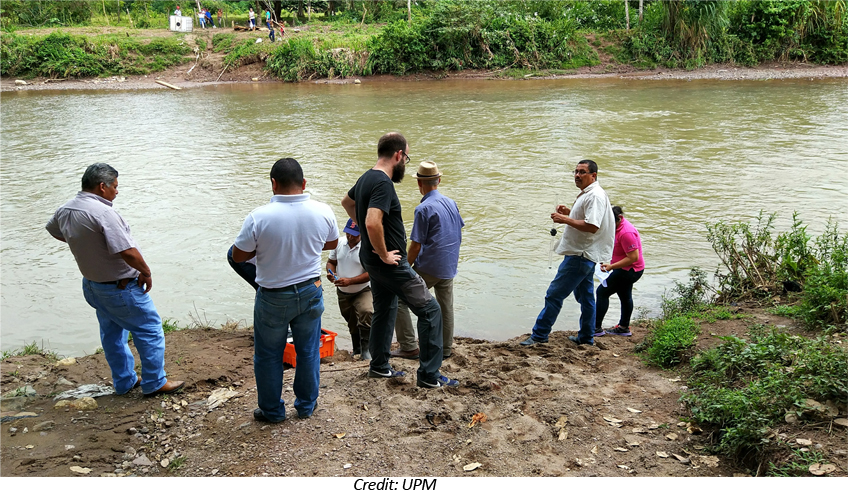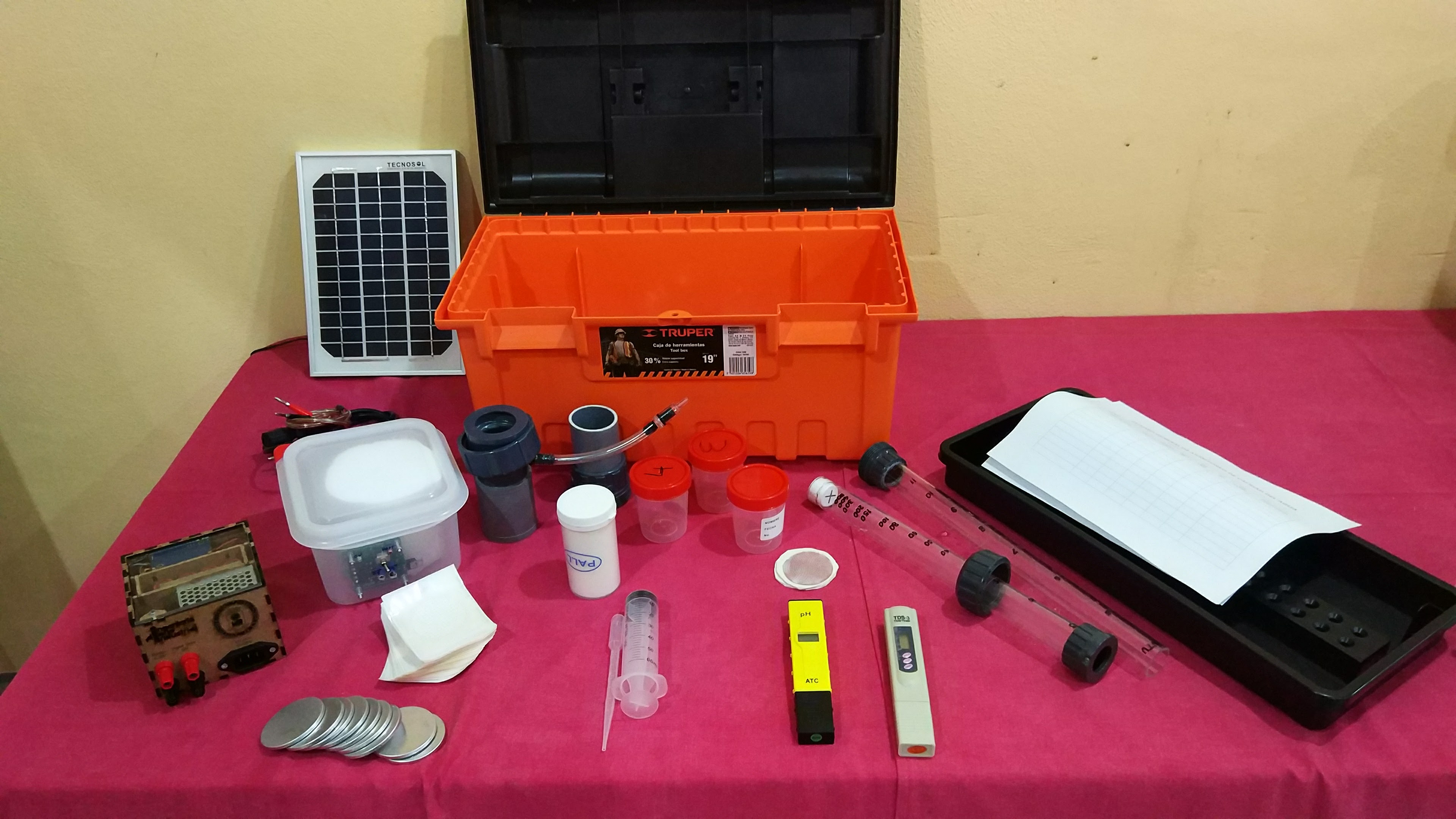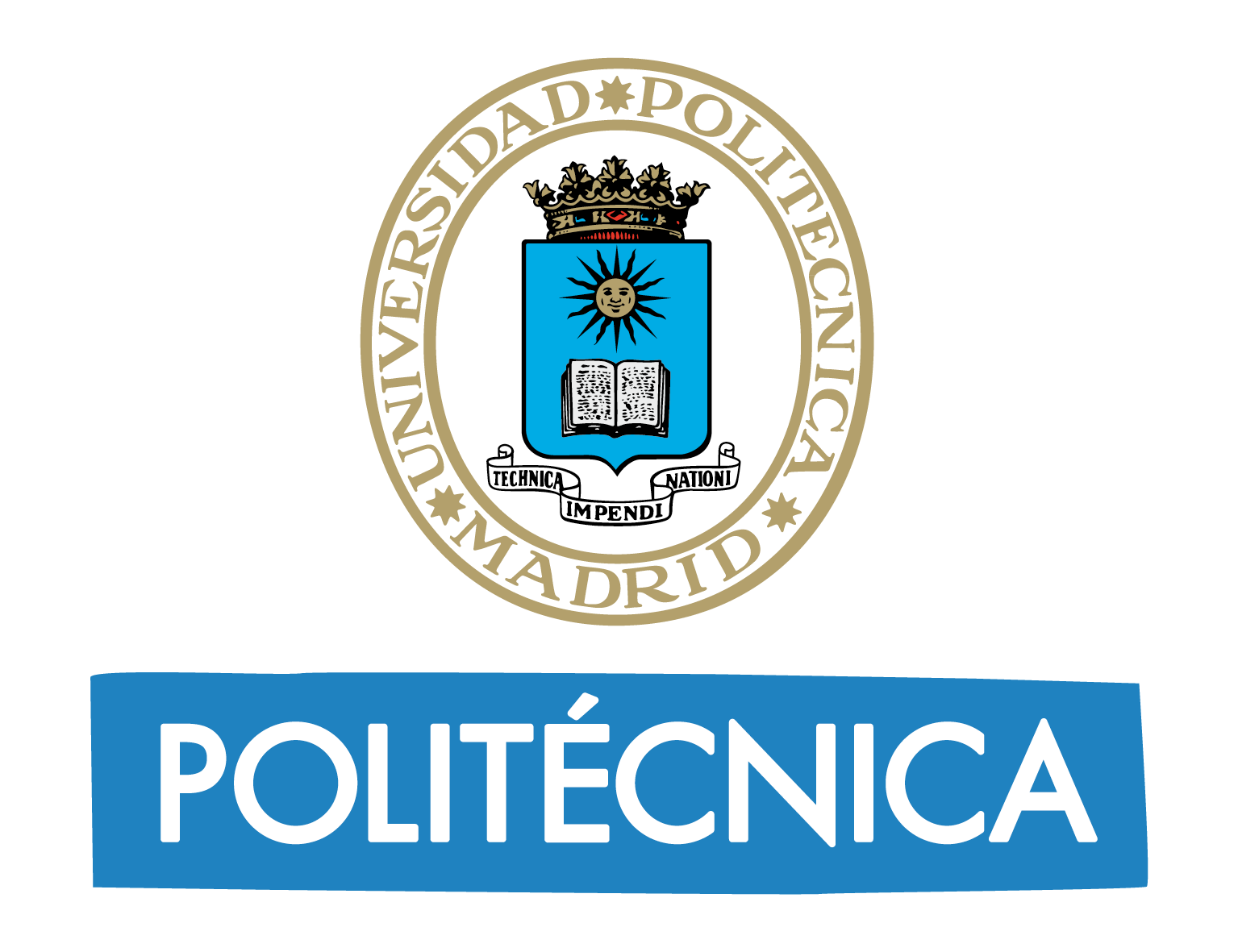A new portable system of water quality assessment in developing countries
A team from the Universidad Politécnica de Madrid has developed a new system of water quality assessment in developing countries which is affordable, simple to manufacture and easy to maintain.
Easy to use and maintain portable systems are essential in developing countries where water access is limited and there is a risk of contamination. This would guarantee a safe access to water for their population. Members of the cooperation group of Water Systems and Sanitation for Development from Universidad Politécnica de Madrid (UPM) have designed a new system of water quality assessment for human consumption that is better than the systems found in the current market.
In addition to reducing its cost between three and five times, the new system is more sustainable and long-lasting, these features are especially suitable for its usage in development aid.
 Non-potable water and poor sanitation are the leading causes of child mortality worldwide. The General Assembly of the United Nations declared in 2015, within its 2030 Agenda, that one of the Sustainable Development Goals (SDG) for poverty eradication is access to clean water and sanitation.
Non-potable water and poor sanitation are the leading causes of child mortality worldwide. The General Assembly of the United Nations declared in 2015, within its 2030 Agenda, that one of the Sustainable Development Goals (SDG) for poverty eradication is access to clean water and sanitation.
Given its relevance, many cooperation projects aim to find solutions to improve potable water access in developing countries. In this context, the cooperation group of Water and Sanitation Systems for Development from School of Industrial Design and Engineering at UPM (ETSIDI-UPM) has been working in Africa y Latin-American on diverse projects water access.
The latest project was focused on the design of a new portable system of water quality assessment for human consumption. The basic elements of the system are an optical turbidimeter, a filtering device and a bacteriological incubator that allows us to conduct an analysis of the presence of bacteria in the water. Besides, a meter of dissolved salts, a pH meter and a chlorine meter can be added to the system. In order to make it more sustainable, we can also include a photovoltaic power supply.

New portable system of water quality assessment. Credit: UPM
“Thanks to an easy-to-build design that allows the self-fabrication and the use of local pieces and recycled materials, we achieved to reduce the cost of the existing commercial kits between three and five times”, said Daniel Squittieri and Diego Pelayo, members of the team.
Besides, they state, “both the maintenance and the cleaning of the system are easy and this guarantees its correct working during long periods, which is and advantage for its usage in the framework of cooperation and development”.
This invention has been protected as a utility model in the Spanish Patent and Trademark Office (U201731059: Sistema portátil de evaluación de la calidad del agua).


